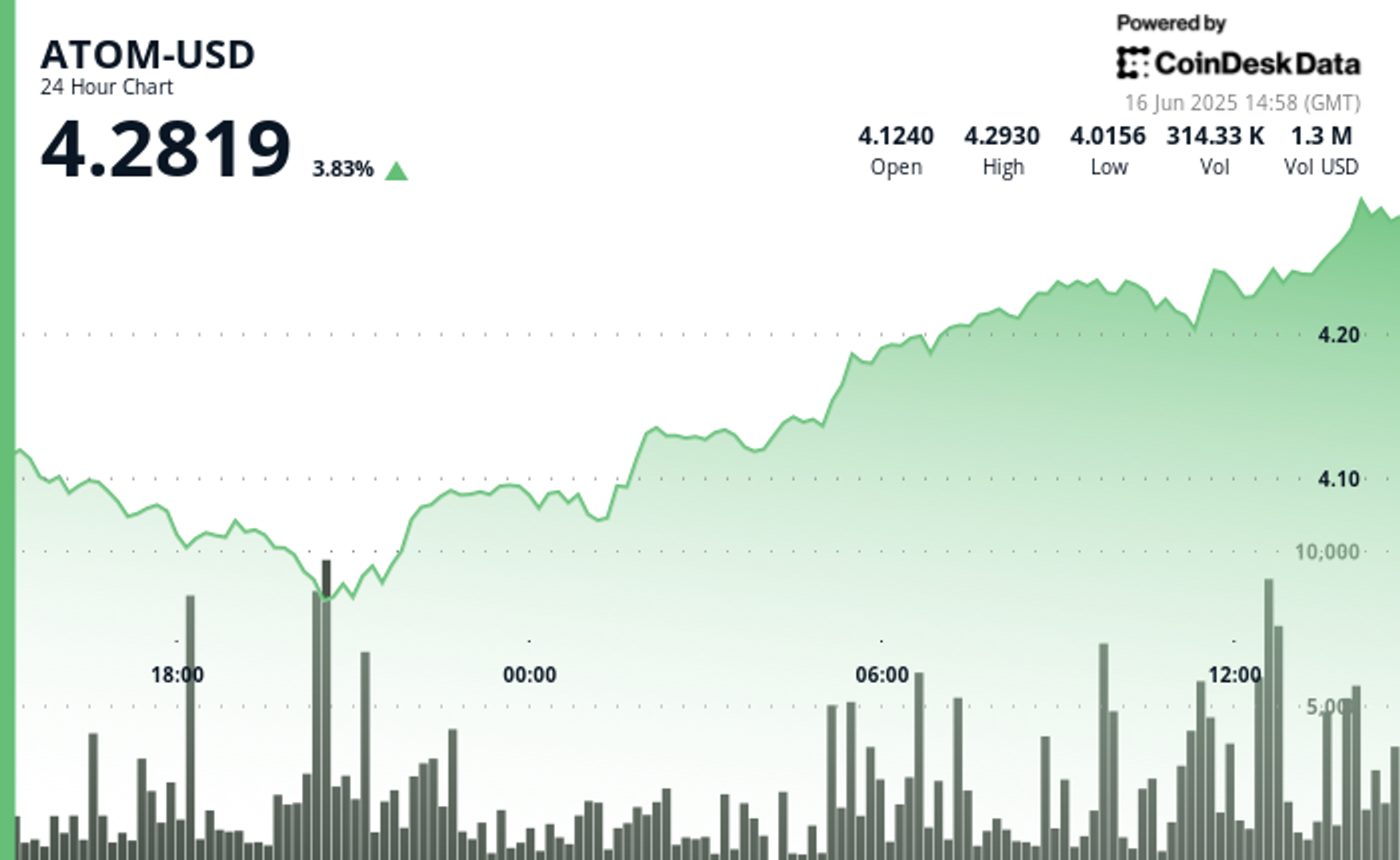
Vietnam passed a law officially recognizing digital and crypto assets, taking a decisive step toward regulating and promoting the cryptocurrency economy.
The Digital Technology Industry Law was passed on June 14 and takes effect Jan. 1, 2026. It outlines a broad framework for managing digital assets and fostering blockchain innovation, according to local media.
This legal recognition comes as Vietnam seeks to improve its stance in the rankings of the Financial Action Task Force, an international organization that sets standards to tackle money laundering and financing of terrorism. The country is designated on the FATF’s grey list for insufficient anti-money laundering controls, particularly concerning virtual assets.
The legislation categorizes digital assets into two groups: virtual assets and crypto assets. While both fall outside traditional financial definitions such as securities or central bank digital currencies, crypto assets are categorized by their use of encryption in validating creation and transfers.
The law grants the Vietnamese government authority to define specific regulatory conditions, including anti-money laundering measures and cybersecurity standards aligned with international norms.
Alongside its regulatory function, the law introduces a host of incentives targeting blockchain startups and digital infrastructure developers. These include state subsidies, tax exemptions, and visa perks.



